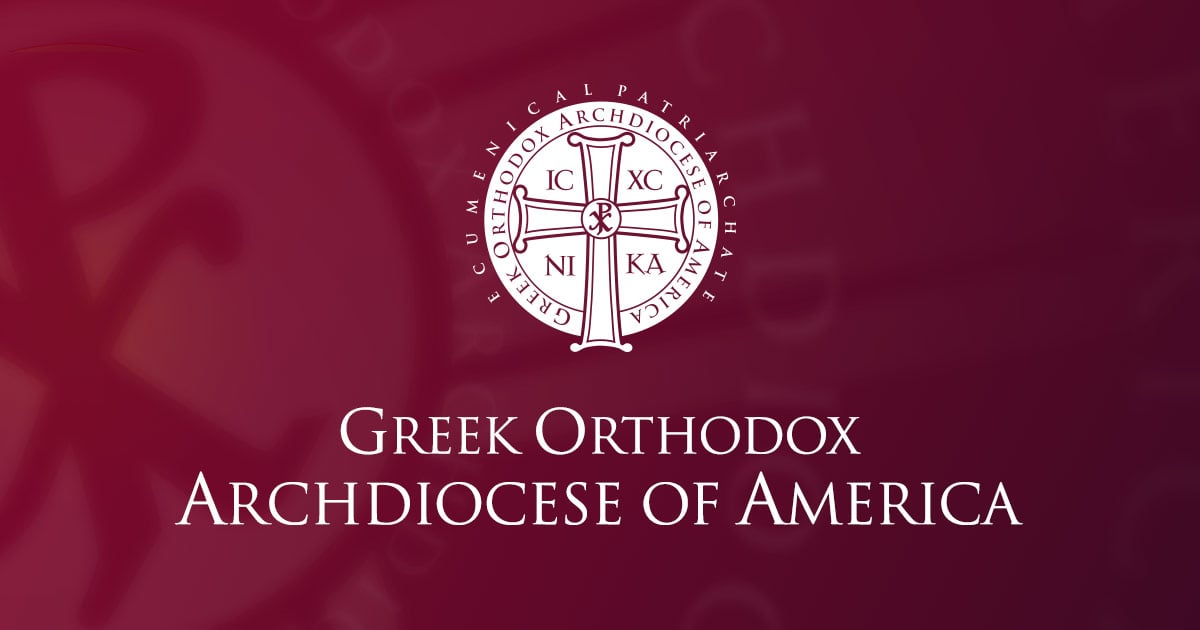Understanding the Greek Orthodox Church: Principles and Practices

The Greek Orthodox Church is rooted in the teachings of Jesus Christ and operates on key principles such as Holy Scripture and Holy Tradition, the Creed, and the Sacraments. It places significant emphasis on its liturgical practices, especially the Divine Liturgy, which fosters unity with Christ and the community. The Church observes a calendar filled with major feast days and offers various services, including blessings and memorials, that reflect its spiritual beliefs and connection to the divine. The Funeral Service highlights the communal aspect of mourning and the hope of resurrection, while Special Services address the needs of the faithful throughout life. Overall, the Church emphasizes the sanctity of all life events in relation to God's love.
- Key sources of authority: Holy Scripture and Holy Tradition.
- Sacraments: Seven in total, with four being obligatory (Baptism, Chrismation, Confession, Holy Communion).
- Major feast days: Include Easter, Christmas, and various saints' days.
- Community focus: The Church views death as a communal experience and emphasizes the importance of prayers for the deceased.
What are the main sources of authority in the Greek Orthodox Church?
The main sources of authority are Holy Scripture, which includes the Old and New Testaments, and Holy Tradition, comprising teachings and practices passed down through the Church's history.
How many sacraments does the Orthodox Church recognize, and which are obligatory?
The Orthodox Church recognizes seven sacraments, of which Baptism, Chrismation, Confession, and Holy Communion are obligatory.
What is the significance of the Divine Liturgy in the Orthodox Church?
The Divine Liturgy is the central worship service that fosters unity with Jesus Christ and the community through the Sacrament of Holy Communion, celebrated weekly and on holy days.